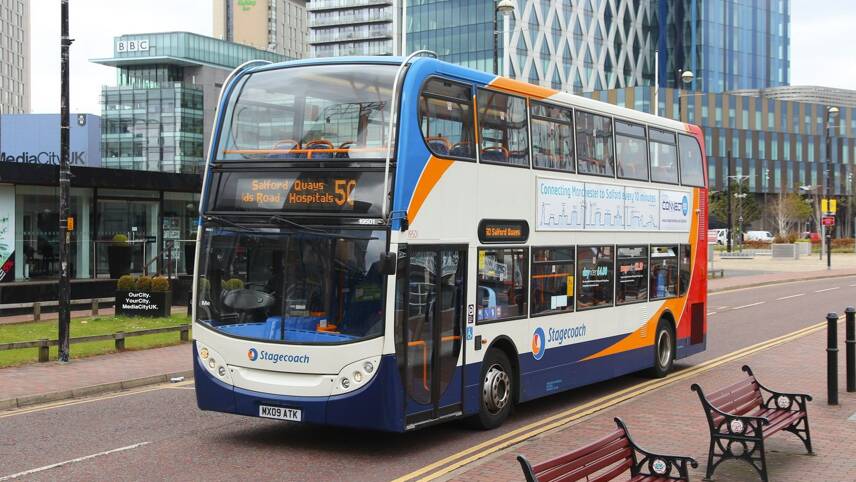Register for free and continue reading
Join our growing army of changemakers and get unlimited access to our premium content

Around two-thirds of the UK should see improvements in public transport services under the plans
The overarching aim of the spending plan is to “make bus usage a natural choice for everyone, not just those without cars”. It feeds into the Government’s 2050 net-zero target, with transport being Britain’s highest-emitting sector, and into the ambitions detailed in the Levelling Up White Paper. Published in February, the White Paper includes a commitment to bring the standards of public transport connectivity across the UK “significantly closer to the standards of London”.
Part of the funding will be used to subsidise local bus providers so they can cut ticket prices. This approach will first be tested in Cornwall, where passengers will see a 20% reduction in fares for short journeys and a reduction of up to 40% in fares for long journeys.
Cornwall’s lower fares will be introduced from Sunday (10 April). In time, fares will also be lowered across the UK, with the Government set to confirm the next areas in the coming weeks.
The Government has stated that, as well as making buses cheaper, its priorities are to make them “greener”, more frequent and reliable and easier to use. To the latter point, the Cornwall trial will see the introduction of tickets that are valid on all operators’ services, with a view to implementing this integrated approach more broadly.
On frequency and reliability of bus services, the bulk of the funding package – £5.7bn – will go to Mayoral combined authorities to help them purchase new buses and train and employ the necessary staff to operate them.
Funding from this package will also be going towards local active transport networks as well as trams and rail. Projects set to be supported include rapid bus routes in the West Midlands.
There is no requirement for the combined authority to use the funding to buy low-emission or zero-emission vehicles. Instead, the Department for Transport has emphasised the fact that many local authorities are working towards pre-2050 net-zero targets and has re-highlighted its recent allocation of £200m of funding to help councils buy 943 hydrogen and electric buses.
More broadly, the DfT is consulting on a timeframe for banning the sale of new petrol and diesel buses by 2032 at the latest. Its consultation will run until 21 May. The private sector seems to be moving faster than policy here; organisations representing more than 95% of the UK’s bus industry have pledged to only invest in low-emission vehicles from 2025, through the industry body the Confederation of Passenger Transport (CPT).

